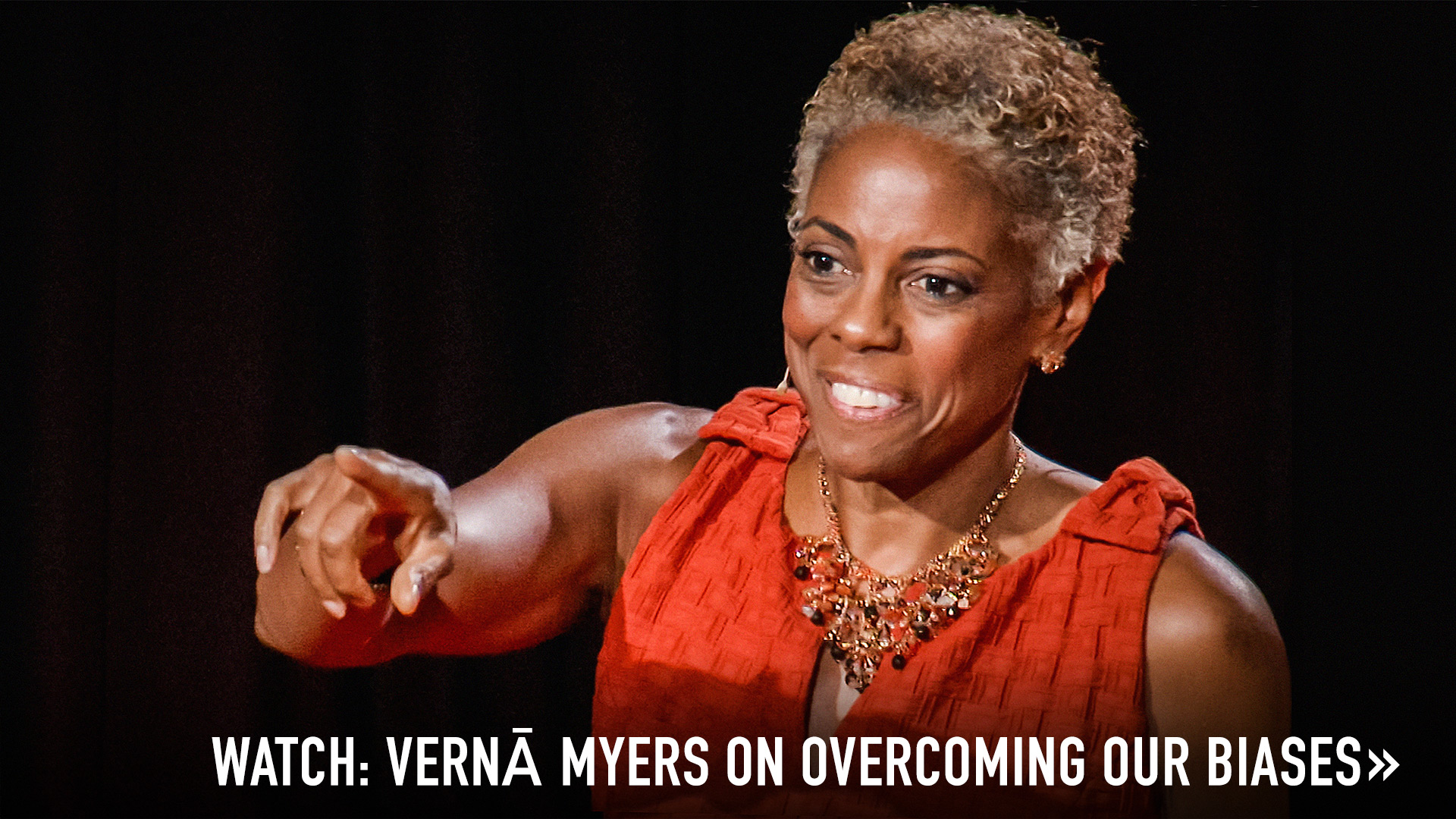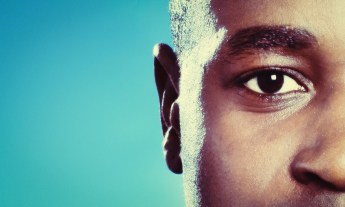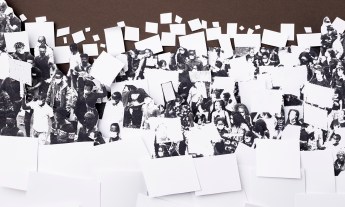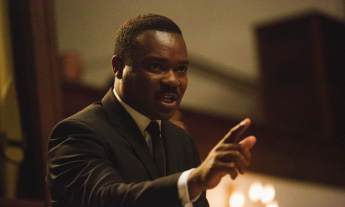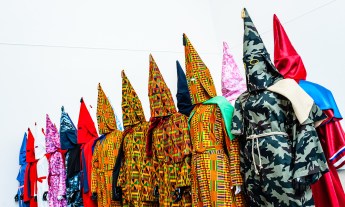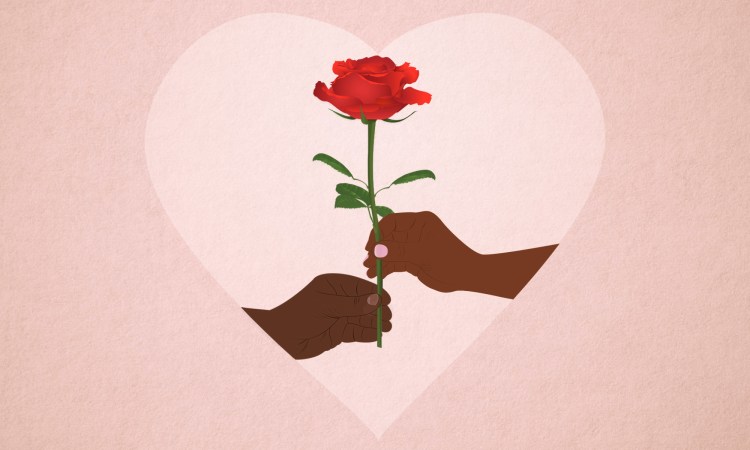
We need to have more honest, open-ended conversations about race and bias — in our own lives and in the TV shows and movies we see, says diversity consultant Vernā Myers.
It’s not every day that the TED world collides with a reality TV show, but recently on The Bachelorette, one of the most compelling conversations about race was initiated by Vernā Myers (TED Talk: How to overcome our biases? Walk boldly toward them). Myers is a Baltimore-based diversity consultant whose life’s work is breaking down barriers — of race, gender, ethnicity and sexual orientation — in the workplace. She is also the aunt of Eric Bigger, one of the final four contestants.
This season, the show featured lawyer Rachel Lindsay as the Bachelorette, with 25 men vying for her attention. It’s important to note: in 13 seasons of the show, Rachel is the first black woman to be the Bachelorette. But this fact was rarely discussed until Eric brought Rachel home to meet his family, including Aunt Vernā. There, the plain-speaking Myers said to Rachel: “First black Bachelorette. So, how are you dealing with that, and were you prepared?” Their honest three-minute exchange resonated with people (and the hashtag #AuntVerna spread across the Internet). Here, Myers speaks to writer Julia Fawal about how we can start speaking openly about race and the role that the entertainment industry can play in reducing bias.
Acknowledge the difference that race makes. I hadn’t followed The Bachelorette at all, so my first response when I heard about Rachel was “What year are we in? There hasn’t been a black Bachelorette?!” It feels like that should’ve happened a long time ago. I was interested in how Rachel was navigating something that every other Bachelorette hadn’t had to go through, which is the recognition of her racial identity. It’s important for us to recognize that people can have very different experiences in the same space because of their racial identities. I know that anytime you’re the first, you’re in this weird dichotomy — even if you’re thrilled to be breaking the color barrier, you still want to be seen as an individual and not be treated differently because of your race.
Invite people to share without blame, shame or attack. I asked Rachel, “How are you dealing with this?” On the show, the race question hadn’t been addressed in an open-ended, non-judgmental way. That’s how I like to talk about difficult subjects. Many people believe that in order to deal with controversial issues you need to tiptoe around them or not acknowledge them, but I think you can be both real and compassionate at the same time. I didn’t have to say much to give Rachel a chance to share her unique perspective, and this obviously resonated with people.
Curiosity is the key to talking about race and ethnicity. I stress to people: if you’re in a conversation and you don’t understand something or if you have a different opinion, try to resist judgment and go with curiosity instead. You can do that by saying things like, “What do you mean by that?” or “That’s interesting because my experience is really different” or “I don’t think I understand that term.” It’s not about getting everybody to agree with everybody else — I’ve given up on that idea. It’s more about: How can we see each other as human beings and have respect for each other’s opinions? Using a curiosity-driven approach with the right tone and mindset is the best way to learn from our conversations with each other.
We need more TV shows and movies about people who are in the minority. I think the biggest problem with the entertainment industry is there are still too few stories about people who are not in the majority. Writer Chimamanda Ngozi Adichie explained this perfectly in her TED Talk (The danger of a single story) — when there are too few stories told, so many stereotypes get reinforced. And the problem is not just limited to people of color; it’s about any historically marginalized group.
Telling more diverse stories enables us to see our own prejudices. Art is such an incredible vehicle for conversation. When we start telling stories about people from different races and groups, biases we didn’t know we had can get challenged. For example, in this season of The Bachelorette, there were multiple conversations about the stereotype that black men are more aggressive. The producers gave one of the contestants time to talk about it, and I think it helped people recognize there is a trope that prevents us from seeing black men for who they really are and we can have a discussion about this.
The entertainment industry doesn’t just have the obligation to reduce bias — it has the opportunity to do so. There is such a chance for people in entertainment to change our world for the better. While a lot of them understand that, many are risk-averse and tend to follow the status quo. But people don’t seem to understand that the status quo has so many biases embedded in it, whether it’s about age, how we define beauty, and who we think deserves love. It’s not only about social justice — it would also be smart to show the narratives of different kinds of people, because the world is only becoming more diverse and the industry will be seen as tired and irrelevant if it doesn’t change. When people can’t see and hear themselves in the media, it’s like they’ve disappeared from the world and their communities. Now imagine a world where those voices are not muted and those faces are not absent — to me, that’s an incredibly real and gorgeous world.

